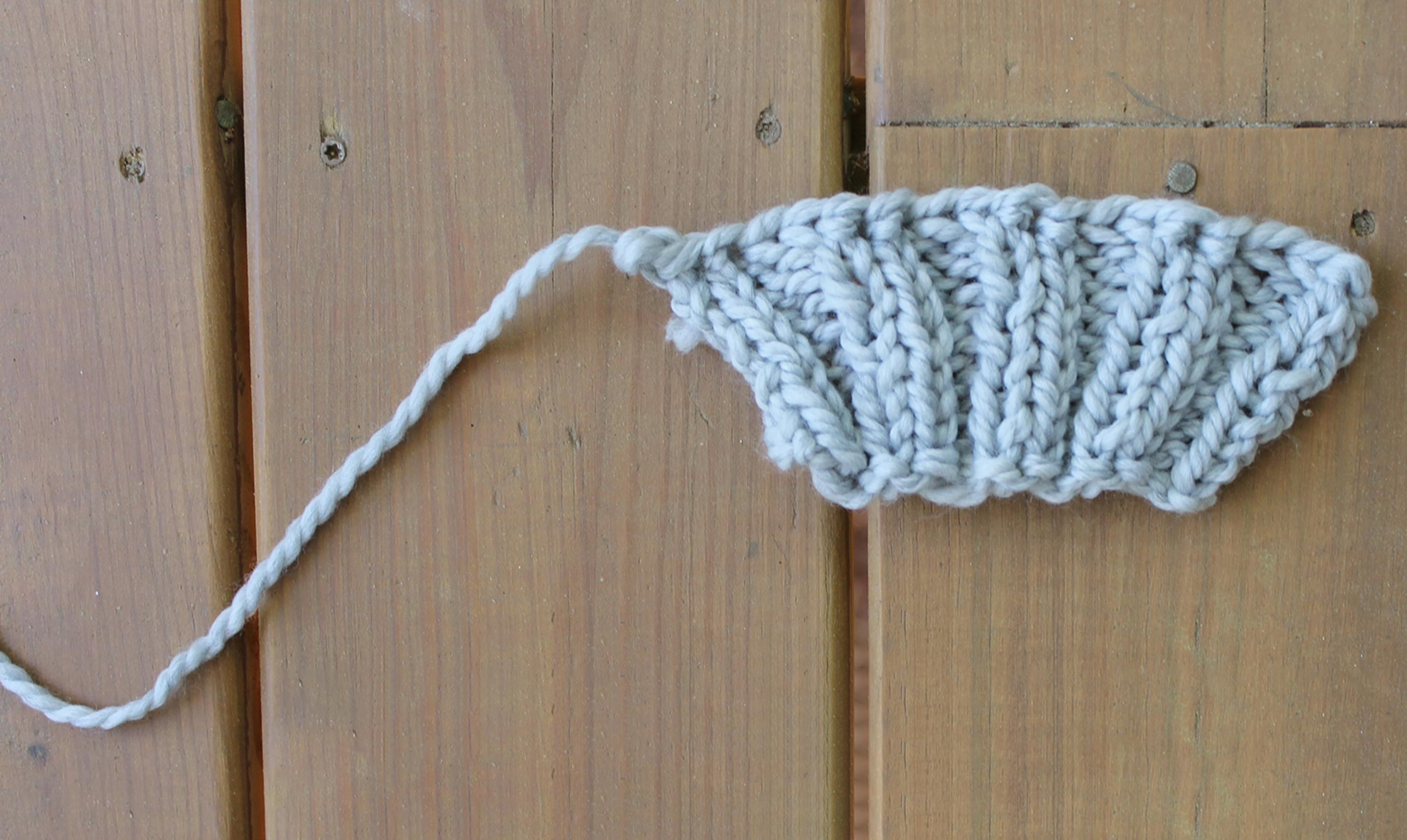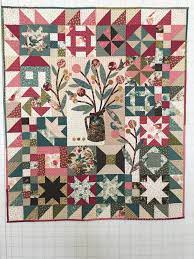
There are many varieties of wine jigsaws. Some feature information on the grape varieties and regions in which wine is made. Others include descriptions of key characteristics and aromas of various wines as well as suggestions for food pairings. Some include artwork that shows the wine regions in France.
Water & Wines
The Water & Wines jigsee puzzle is the perfect way to discover the world of wine. This puzzle, designed by a world-renowned wine sommelier, is educational and visually stimulating. It also features grape profiles and food pairing suggestions from some the top sommeliers.

Tim Bulmer's art
Wine jigsaw puzzles will appeal to wine lovers who love to have fun and learn new things. Tim Bulmer, a British artist who is talented at creating whimsical artwork that makes you smile, is Tim Bulmer. His humor is a great asset for those who enjoy joking around.
French wine regions
French wine jigsaw puzzles provide a great opportunity to learn about French wine, and the different regions within the country. These puzzles feature key grape varieties and characteristics, as well as food pairing tips. Some include information on French geography.
Italian wine regions
If you love wine, you will love these Italian wine regions jigsaw puzzle designs. The designs are beautiful and challenging. They include beautiful photographs, illustrations, as well as celebratory words. You're sure find the right puzzle for you, no matter if you're a wine enthusiast or novice puzzler.
A wine cork puzzle is a challenge!
Wine cork puzzles are great for wine enthusiasts who love puzzles. This puzzle is 1,000 pieces and features images of different wine bottles. It is almost 2 feet wide by 2 feet high. It makes a great gift, especially for family members who like wine.

Jigsaw puzzles help you learn about wine regions
It can be both fun and educational to learn about wine regions. Jigsaw puzzles can help with this. Many puzzles offer maps and descriptions of key features and aromas from different wine varieties. Some puzzles even come with food pairing suggestions!
FAQ
What are observation hobbies exactly?
Observation hobbies can be activities that you watch people do. They might include watching sports, reading books, going on holiday, etc. You might also enjoy observing other people.
Because they teach you how to think creatively, observation hobbies are great. You can use this knowledge later when you're working on projects for yourself or others.
You'll find that if you're interested in something, then you'll have an easier time learning about it.
You might watch or read about football to learn more. Exhibitions are a great way to learn about photography.
You can play along with songs online or purchase a guitar if you love music.
You could also choose to cook at home or go to restaurants if you are a good cook.
If gardening is your passion, you can grow vegetables and flowers.
If dancing is something you enjoy, join a dance class.
You can paint pictures if your passion is painting.
If you like writing, you could write stories or poems.
You might enjoy drawing pictures, if you are a good artist.
If you're passionate about animals you might consider working at a Zoo or looking after their pets.
If you like science, you could study biology, chemistry, physics or maths.
If you like history, you could read books, watch films or listen to podcasts.
You can travel abroad or explore your home area if you love to travel.
Why do we need hobbies
Hobbies play an integral part in our lives. It allows us to unwind and recharge, think creatively, exercise, socialize, have fun, and allow us to enjoy life. They also provide us with opportunities for learning new skills and developing valuable life-long interests.
Hobbies give us meaning and purpose in life.
They are often a great way to spend free time when you don't have much else going on.
And they're fun!
If you don’t make time for a hobby then it’s probably not worth your time.
Look at all the options. Start a hobby today, if you don’t have one already!
What are collection hobbies?
Books, movies, music and comics are the most popular collections.
Collect stamps, coins, cars, dolls and action figures as well as art supplies, tools, jewelry, watches, gadgets and furniture.
I think you get the point.
Statistics
- I am 100% biologically a woman (discover.hubpages.com)
- Studies show that just six minutes of reading can reduce stress levels by 60 percent. (oberlo.com)
- Almost 80% of people claim to have no hobby. (hobbylark.com)
- This 100% accurate personality-analyzing hobby quiz discovers your passion based on your characteristics. (quizexpo.com)
- In comparison, men in the “no humor” condition were refused 84.6% of the time and were only accepted 15.4% of the time. (time.com)
External Links
How To
How to learn how to play a musical instrument
There are many options for learning how to play the piano. You could either go to a school, buy a book, take lessons from someone who plays an instrument, watch videos online, etc. If you are determined to learn on your own, these tips and tricks might be helpful.
-
Find something that interests or appeals to you. If you don’t enjoy any of the instruments that you see, you might consider trying another one. If you don't like playing an instrument, it would be difficult to learn how to play it.
-
Be patient. Learning something new takes time. Expect to not be able master all things immediately. Instead, practice every day.
-
Keep practicing regularly. You can do this even when it is hard. This will make sure you don't forget the lessons you have learned.
-
You should choose a comfortable place to practice. The ideal place to practice is one that is quiet and won't be disturbed by anyone else. Also, make sure that there aren't too many distractions. Also, don't let loud music play near your home.
-
Have fun. Music is meant to be enjoyed. Make sure you have fun while practicing. Enjoying yourself will motivate you to continue going at it.
-
Set goals. Set goals. You'll know exactly what you must achieve. Therefore, you will have no excuse for failing.
-
Keep track of your progress. Keep track of all your successes and failures. You'll be able to learn and improve as you go.
-
Take breaks. Sometimes, you will just need to stop for a while. Taking breaks will give you time to think about things.
-
Ask questions. Ask questions. They may be in a position to assist.
-
Learn by listening. Many musicians listen to songs that they like and imitate them. This allows them to grasp the basic concepts of the song.
-
Read books. Lessons learned from books are more valuable than videos and classes. You will also find information in books that you won't find anywhere else.
-
Get involved in a band. You will be able to practice more when you play with others. Plus, you will meet people who share similar interests as yours.
-
View tutorials. Tutorials are short videos which explain many topics in great detail. Tutorials are short videos that focus on one part of the instrument. These tutorials will help you to understand the more difficult parts.
-
Try different methods. Some people prefer to learn via lectures while others prefer to read. Keep trying until you find your preferred method.
-
Practice makes perfect. Nobody becomes an expert overnight. It is important to put in a lot of effort before you can become skilled enough to perform well.
-
Learn from other musicians. Listening to your fellow musicians perform their favourite songs can help you learn quicker.